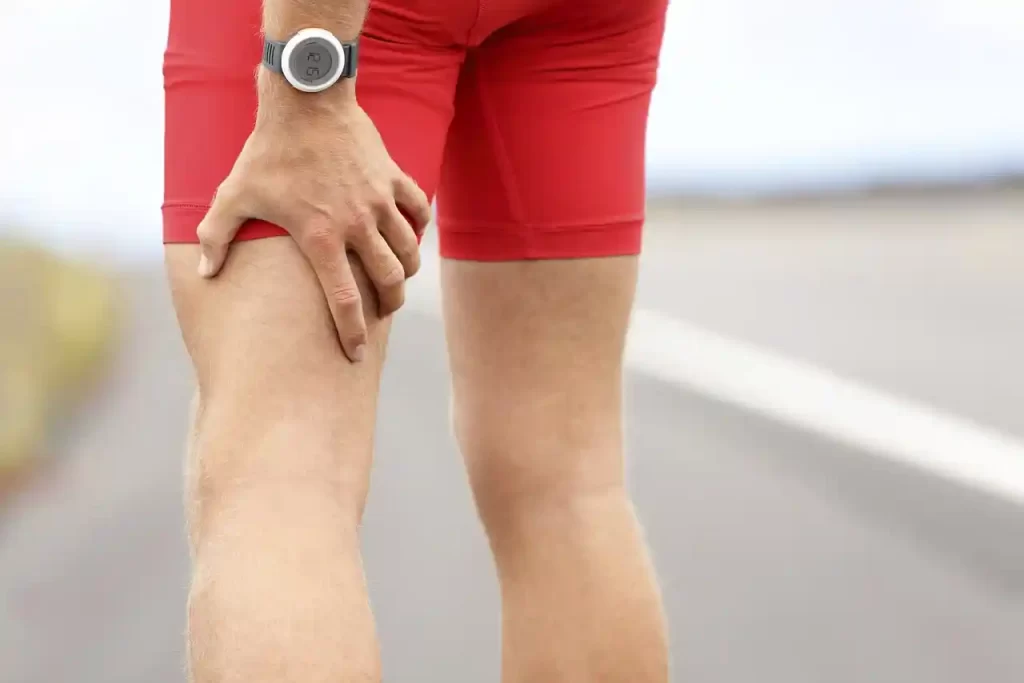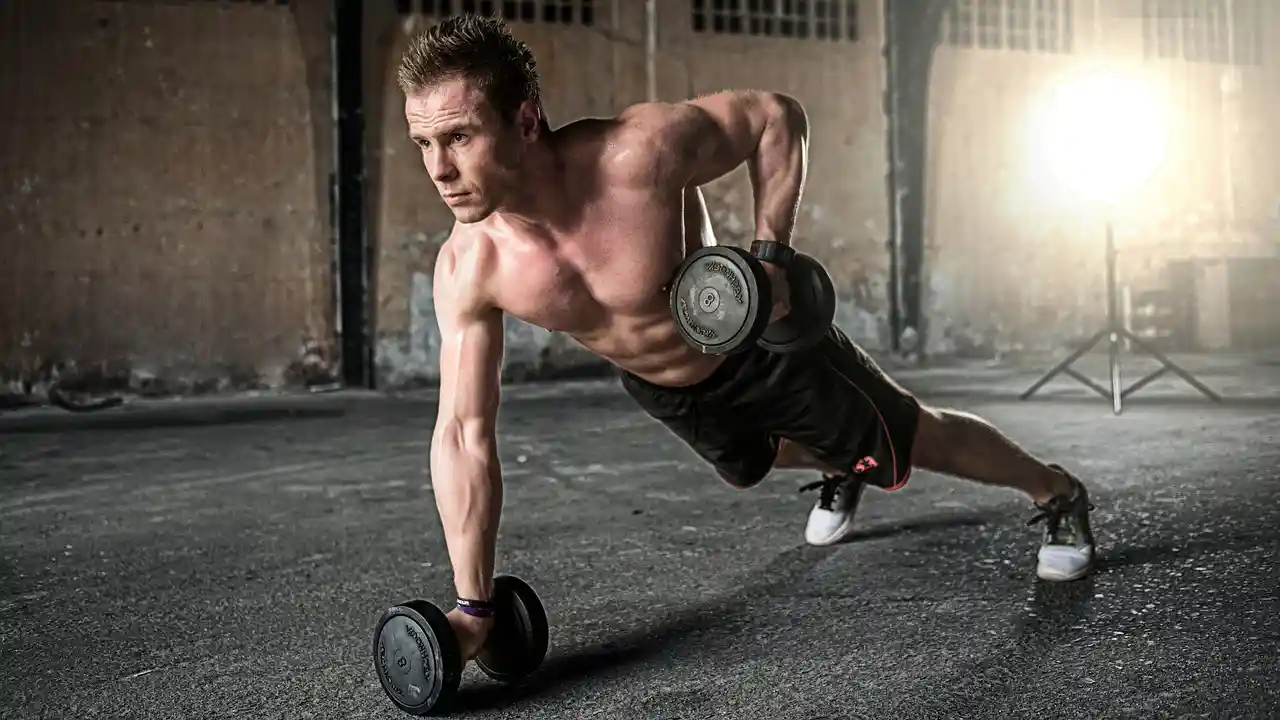Are you new to the world of sports and struggling with sore muscles after your workout sessions? You’re not alone. Muscle soreness is a common experience for athletes at all levels, especially beginners whose bodies are not yet accustomed to the new physical demands. This article will delve into why muscles get sore, offer strategies for prevention, and suggest treatments to alleviate discomfort.
What Causes Sore Muscles?
The medical term for muscle soreness after exercise is Delayed Onset Muscle Soreness (DOMS). It typically starts a day or two after a new, intense activity or after stepping up your workout intensity. This soreness is the result of microscopic damage to muscle fibers involved in the exercise. It’s a normal response to unusual exertion and is part of an adaptation process that leads to greater stamina and strength as the muscles recover and build.
Preventing Sore Muscles:
Prevention is better than cure, and this holds true for sore muscles. Here are some ways to prevent excessive soreness:
- Gradual Progression: Increase the intensity of your workouts gradually. This gives your muscles time to adapt to new stresses.
- Warm-Up: A proper warm-up increases blood flow to the working muscles and prepares them for the demands of your workout.
- Proper Technique: Using the correct form reduces unnecessary strain on your muscles and joints.
- Stay Hydrated: Good hydration helps maintain muscle function and prevent damage.
- Nutrition: A well-balanced diet rich in protein, healthy fats, and carbohydrates can help fuel your muscles and aid in recovery.

Treating Sore Muscles:
Even with prevention, you may still experience some soreness. Here’s how to treat it:
- Rest: Giving your muscles time to heal is crucial. Rest does not necessarily mean complete inactivity but allowing time for recovery.
- Ice Packs: Applying ice to sore muscles can help reduce inflammation and pain.
- Massage: Gently massaging sore muscles can increase circulation, which helps to hasten the healing process.
- Over-the-Counter Pain Relievers: Medications like ibuprofen can alleviate pain, but they should be used sparingly and with a doctor’s advice.
- Stretching: Gentle stretching can relieve tightness and improve flexibility.
Should You Work Out with Sore Muscles?
It’s generally fine to do light exercise with sore muscles. In fact, engaging in low-intensity activities such as walking or swimming can actually help alleviate soreness by increasing blood flow. However, it is important to listen to your body and avoid any strenuous activity that intensifies the pain. If soreness prevents you from performing your exercises with proper form, take more time to recover.
Sore muscles are a normal part of getting stronger and more adept at your chosen sport. By understanding why soreness happens, how to prevent it, and how to treat it, you can minimize discomfort and maximize your athletic performance. Remember, if sore muscles persist or you experience sharp or severe pain, consult a healthcare professional.
If you’re starting a new sport, expect a certain degree of muscle soreness as your body adapts to new challenges. Embrace it as a sign of your progress, but also be smart about prevention and treatment. Keep moving, stay informed, and enjoy your journey to a fitter, healthier you!
